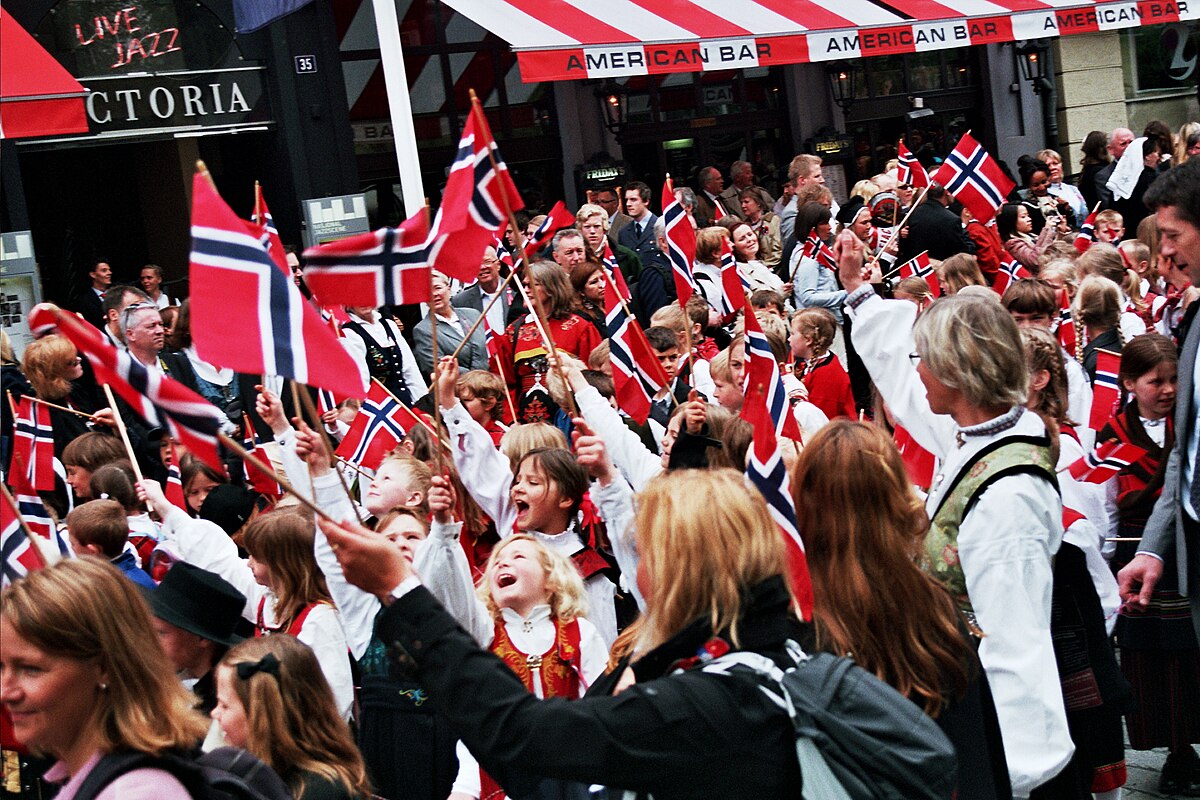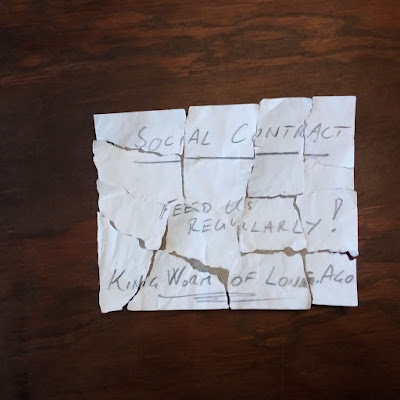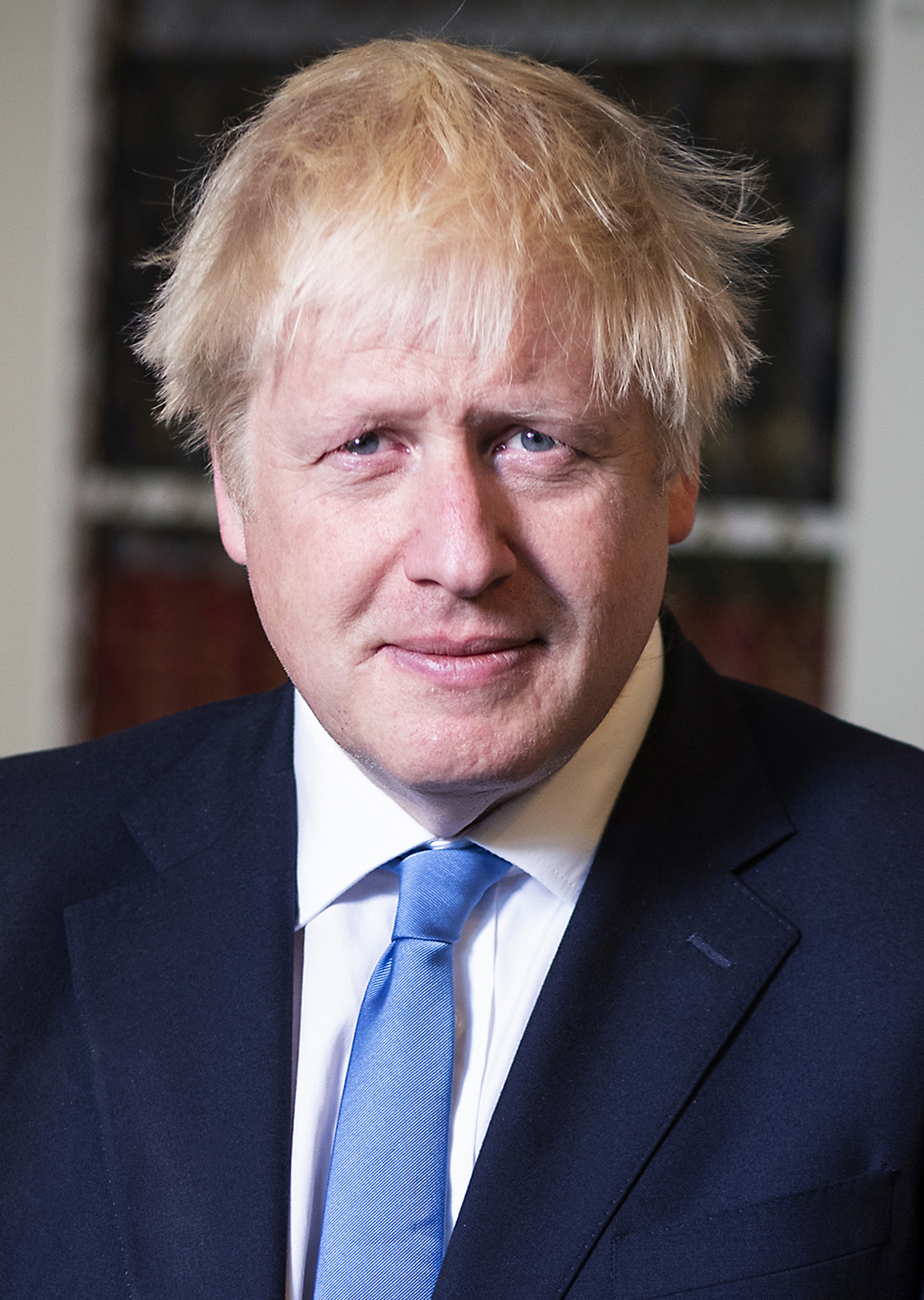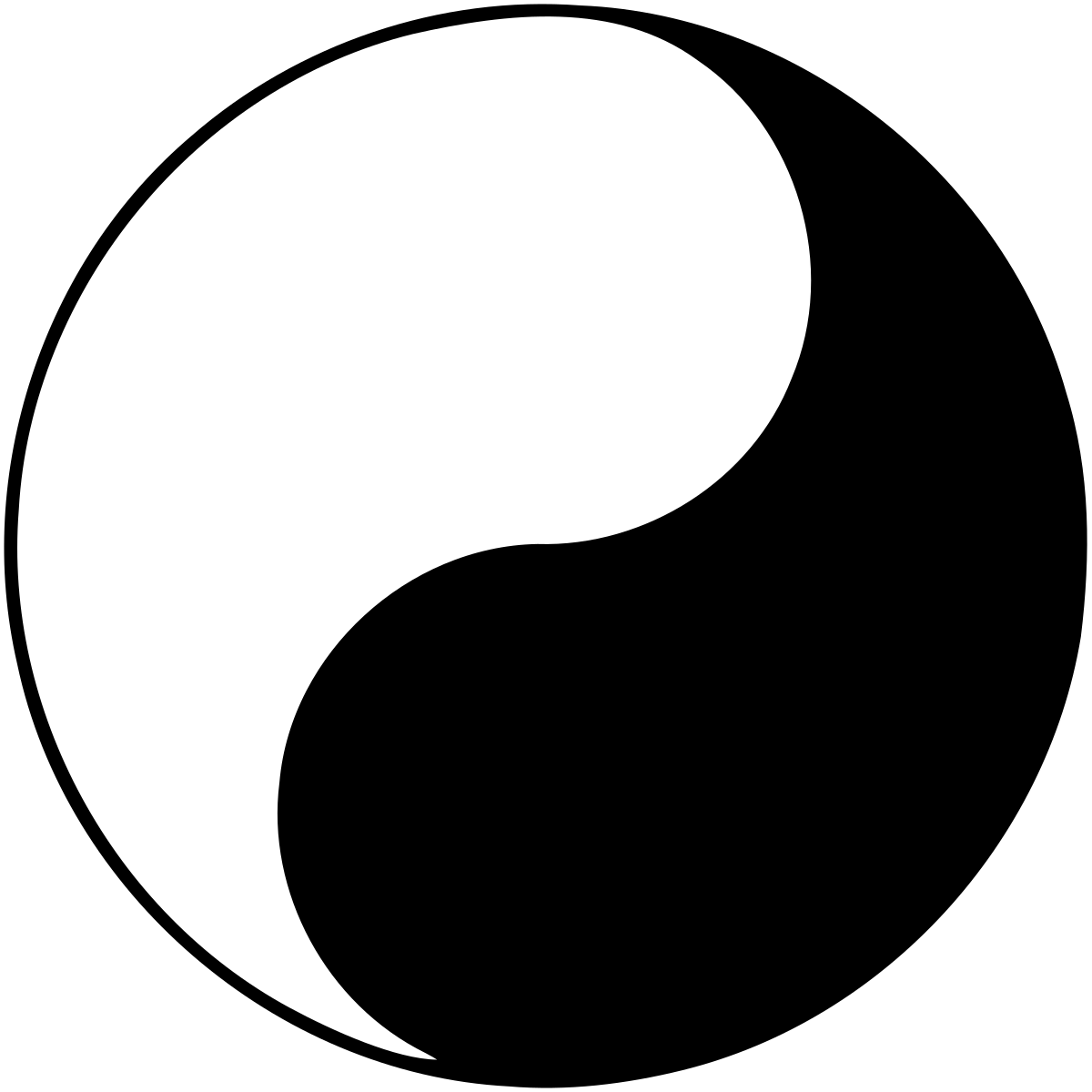Culture is hard to pin down when it comes to particulars. We know that different nations have different cultures, and that culture can vary within a nation. However, when asked exactly what distinguishes one nation from another, we're often at a loss. We either resort to vague references or we home in on detailed peculiarities.
I might for instance say that the Portuguese are like the Spanish, only less aggressive. This can in turn be explained in terms of history, and how the two nations are organized. Spain is a federation, while Portugal is a single country. Hence, brute force is needed in order to keep Spain together, while appeal to national pride is sufficient to keep the Portuguese from rioting.
Yet, a visitor will not notice much difference between Spain and Portugal. A skeptic may conclude that the whole culture thing is an invention. People are pretty much the same everywhere. Some are bad, but most are good. All that's required to travel the world in safety is to stay away from bad neighborhoods. The rest sorts itself out by being polite and friendly.
In times of peace and prosperity, everywhere is pretty much like everywhere else when it comes to how we interact with our fellow men. However, this changed when the virus scare hit. The difference in response between nations was striking, and often surprising. Who would have thought that even to this day Australia was ruled by prison guards? Or that the gentle anarchists of Europe would end up the most vaccinated?
Scandinavia revealed itself to be more divided than we would have thought, with Sweden taking the extreme other position of Norway. Two countries that are almost identical in most things ended up with wildly different responses.
The competitive nature of Swedish-Norwegian relationships revealed themselves. Norway, being the most conformist of the two nations became obsessed about conformity, driven by a desire to be best in the eyes of the rest of the world. Sweden, being more autonomous and somewhat less conformist, ended up taking the extreme other position in order to demonstrate their independence and pragmatism.
Conformism played a big role in Portugal too, but for different reasons from Norway. The Portuguese are conformist for pragmatic reasons. They do what they are told as long as it's no big deal. Having convinced people that the vaccine is safe and effective, just about everyone went out to get it to have it over and done with.
Conformism in Norway is based on a belief that the majority is always right, and that good must always be preferred over evil. Once everybody were convinced that the vaccine was not only a wise thing, but a good thing as well, a large majority went out to get themselves injected. However, Norway houses many eccentrics and fierce libertarians. It is not as homogenous in culture as Portugal, and Norway ended up with fewer people vaccinated than in Portugal.
The US is another nation that's divided into two cultures. One being conformist and the other being libertarian leaning. But the split is much more noticeable in the US than in Norway, partly because the US is much bigger than Norway, but also because the US has a culture of fierce competition. There's an intense desire to win in every way possible. There's also a desire to subjugate and humiliate opponents. The result of this is a clustering of opposing views, reflected in regional differences and party politics.
Canada doesn't have the same culture of competition. Conformism is a mix of idealism and pragmatism. A conformist agenda can be pushed far without opposition. But there is a limit to what people accept. Once it's clear that the political elite is merely trying to subjugate dissidents, there's resistance.
Germany and Austria are nations driven by ideals, which also lead to divisions. Austria being the most extreme of the two is known for their tendency to analyze things down to their purest essence. This explains why Austria is home both to extreme collectivism and extreme libertarian thinking. This was in turn reflected in the low participation rate in the vaccination program.
Collectivists, who are always in the majority, especially in government, decided to force their view onto the rest by mandating the vaccine in Austria. It was the only way they would get the anti-vaccine club vaccinated. But it failed because the principled Austrians smelled a rat. The ones who had been against the vaccine became all the more convinced of their moral superiority. Those formerly in favor became less convinced. Many were taken in my the staunch opposition.
As for China, it's becoming increasingly clear that it's a mess, with intolerant totalitarians at the top and submissive peasants itching to revolt, but too afraid to do so. We can safely say that nothing coming from China should be believed on face value.
 |
| Pushing things too far in Canada |




























